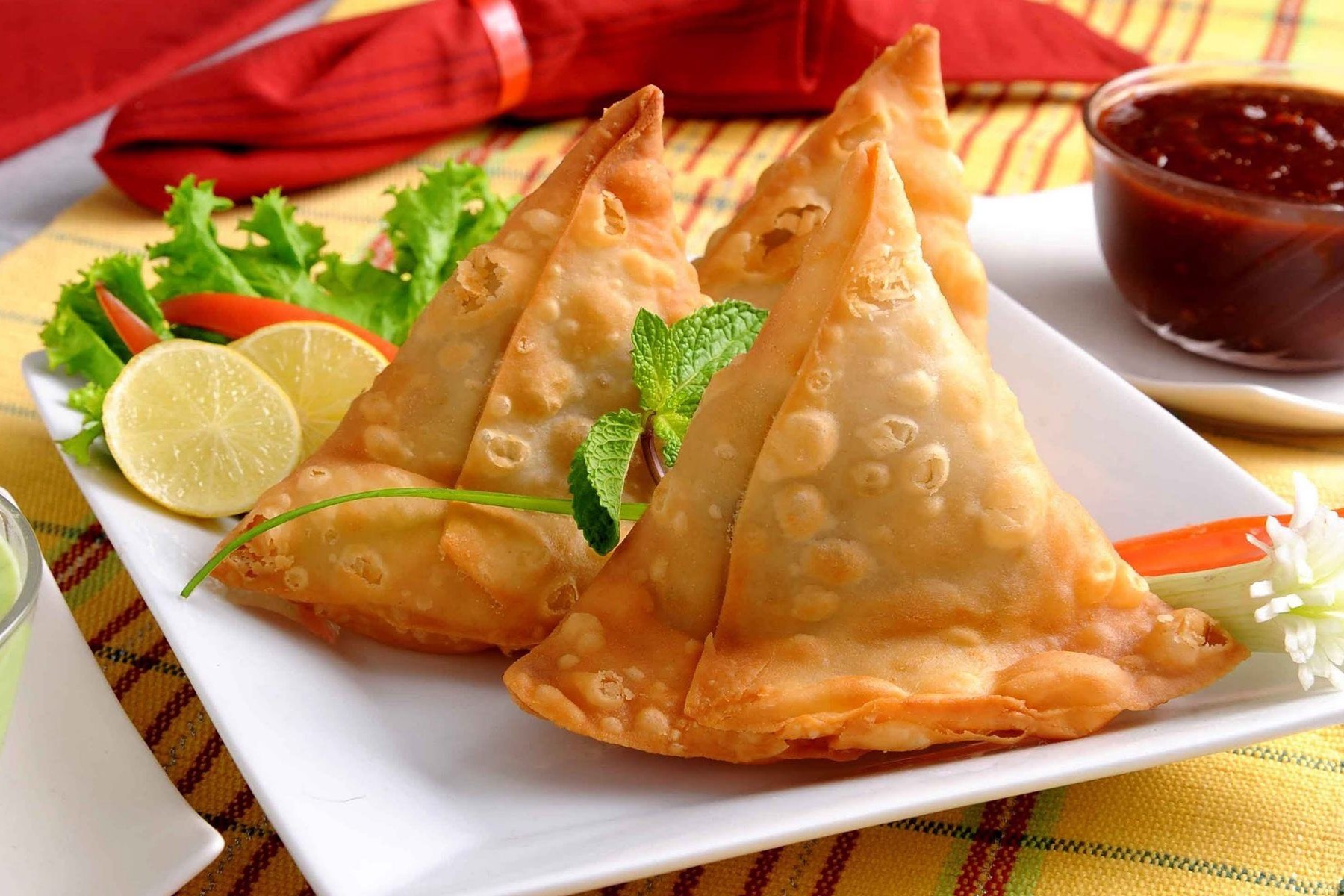Vine leaves wrapped are a traditional and cherished dish in many cultures. Whether fresh or preserved in a salty brine, these delicate leaves add a tangy pop of flavor to meals.
To prepare the grape leaves, wash thoroughly and trim the stems. Spoon a teaspoon of filling onto each leaf and fold two sides over it.
Stuffed grape leaves
Stuffed grape leaves are a culinary delight that capture the essence of tradition, culture, and tantalizing flavors. They are usually filled with a mixture of rice, ground meat, and aromatic herbs and spices. Their pleasantly subtle flavor and satisfying chewy texture make them perfect for wrapping appetizers, finger foods, and side dishes.
The leaves must be thoroughly rinsed and patted dry before stuffing. They are also usually boiled to soften them and prevent them from becoming too brittle. Once stuffed, they can be stored in airtight containers or jars to maintain their freshness and texture.
To store rolled grape leaves for longer periods of time, it is recommended to freeze them. This can be done by transferring them from the dehydrator to freezer-safe bags or glass jars with tight-fitting lids. It is important to remove all excess air from the bags or jars to avoid freezer burn. The resulting grape leaf bundles can be kept in the freezer for up to a year or more.
Grape leaf tea
Grape leaf tea is a healthy beverage that has been used for centuries as a natural medicine. It is rich in nutrients and is known to reduce inflammation in the body. It also has anti-viral and antioxidant properties. It also helps maintain healthy blood pressure levels and cholesterol. It also supports digestive health and may help with weight management.
Grape leaves are full of minerals, including calcium and magnesium. The magnesium in grape leaves is important for muscle function, while the calcium in them helps with bone health. They are also a good source of phosphorus, which is needed for cell growth.
Vitamin B6 in grape leaves is important for brain function. It also helps reduce cramps and acts as a nerve relaxant. Vitamin E is an antioxidant that protects cells from damage and keeps skin young and healthy. It also promotes bone health and prevents heart disease. In addition, it has potential cancer-fighting properties.
Pickled grape leaves
Pickled grape leaves are a healthy, delicious snack or addition to your favorite recipes. The fermenting process uses wild lactobacilli to create lactic acid, which lowers the food’s pH and makes it tangy. This process also helps break down tough cell walls to make the leaves softer and easier to digest. The resulting pickles are high in vitamins and minerals and contain anti-inflammatory compounds that can help prevent chronic inflammation, which is linked to heart disease, cancer, and other diseases.
The leaves are often stuffed with a mixture of rice, herbs, and spices to create dishes like dolmas. They are low in calories and provide a healthy source of carbohydrates, protein, and dietary fiber. They are also rich in vitamin A and a good source of potassium, which helps control blood pressure and blood sugar levels. In addition, they are rich in calcium and phosphorus, which support bone health and aid in muscle development. Moreover, they are a good source of magnesium and iron.
Wine made from grape leaves
Grape leaves are rich in iron, which is crucial for preventing anemia. They also help to promote healthy digestion and bowel movements. Moreover, they have anti-inflammatory properties and can help reduce inflammation markers in the body. This can be beneficial for conditions like arthritis and fibromyalgia.
Before freezing, make sure that your grape leaves are thoroughly cleaned and dried. They should also be free of any stems or veins. Stack them and wrap them in plastic or aluminum foil. Then, transfer them to freezer bags or airtight containers. Remove any excess air before sealing, and label the packaging with the date of storage. This will help you keep track of their freshness and use them at the right time.
You can store your prepared grape leaves in the freezer for up to 12 months. But it’s important to freeze them properly to preserve their flavor and texture. To ensure that they last, avoid using freezer bags made of reactive materials or metals, and store them separately from other foods to prevent cross-contamination.ملفوف ورق عنب



